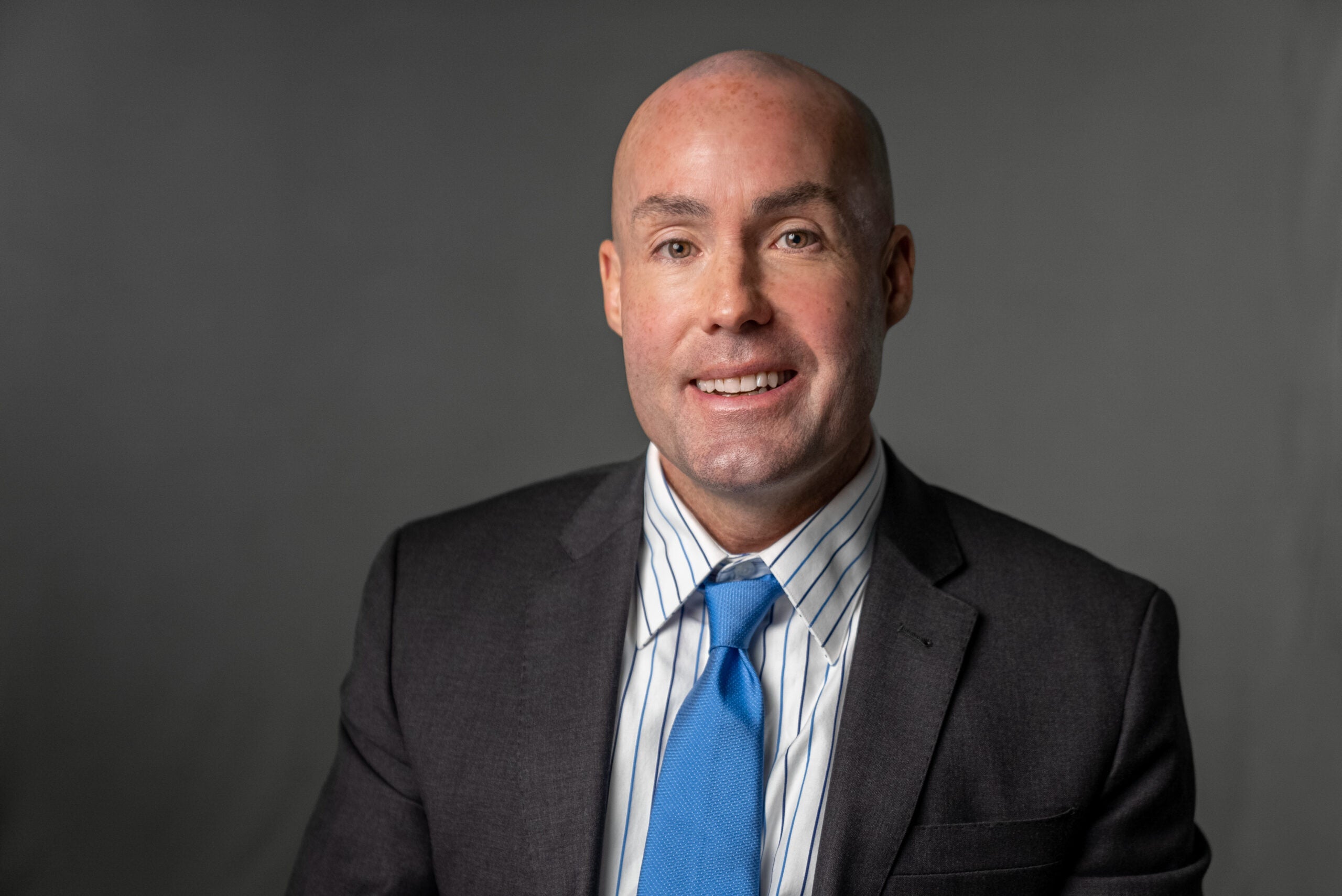Washington, DC Mortgage and Refinance Rates
 Written by
Written by
Current mortgage rates in Washington, D.C.
As of Monday, September 15, 2025, current mortgage interest rates in Washington, DC are 6.30% for a 30-year fixed mortgage and 5.40% for a 15-year fixed mortgage.
Mortgage rates have held steadily between 6.5 and 7 percent for much of 2025. Many experts predict that mortgage rates nationwide and in Washington, D.C. will hover in the same territory for the rest of the year. However, questions remain about how tariffs will impact inflation and when the Federal Reserve will cut rates. These two factors are causing uncertainty around the direction rates could go in the near term.
Refinance rates in Washington, D.C.
Refinance rates tend to follow purchase rates, which means they've been holding in the same range for the first half of 2025. Many economists believe that rates will hold above 6 percent for the rest of the year. That means, for those who have been waiting for rates to drop to refinance, they may still be waiting for the foreseeable future for rates to drop significantly enough for refinancing to make sense.
There is one exception: If you've owned your property for a long time and have accumulated a sizable chunk of equity, you may be in a good position to do a cash-out refinance. This type of refinance can help you access funds to pursue other financial goals.
National mortgage rates by loan type
| Product | Interest Rate | APR |
|---|---|---|
| 6.32% | 6.39% | |
| 5.53% | 5.63% | |
| 6.36% | 6.42% | |
| 6.42% | 6.47% | |
| 6.42% | 6.47% | |
| 5.43% | 6.17% | |
| 6.29% | 6.41% |
Rates as of Monday, September 15, 2025 at 6:30 AM
Washington, D.C. mortgage rate housing market statistics and trends
The Washington, D.C. housing market is beginning to show signs of cooling. Median home prices dropped by 1.5 percent between June 2024 and June 2025, according to Redfin. Here are more stats about the housing market in the nation's capital:
- Median sales price (as of June 2025): $700,000
- Median days on market (as of June 2025): 56 (+14 from year prior)
- Homes with price drops (as of June 2025): 35.7% (+8.5% from year prior)
- Median down payment (as of April 2025): $187,831
Mortgage options in Washington, D.C.
If you’re looking to get a mortgage in Washington, D.C., there are several options you could potentially qualify for:
- Washington, D.C. conventional mortgages: To qualify for a conventional mortgage, you’ll need a minimum credit score of 620 and a debt-to-income (DTI) ratio of no more than 43 percent. If you make a down payment of less than 20 percent, you’ll need to pay private mortgage insurance (PMI) premiums, as well.
- Washington, D.C. FHA loans: If your credit history disqualifies you from a conventional mortgage, you might be able to obtain a loan insured by the Federal Housing Administration (FHA). If you have a down payment of at least 3.5 percent, you could qualify for this type of loan with a credit score as low as 580.
- Washington, D.C. VA loans: If you’re a veteran or active-duty member of the military, you might qualify for a mortgage backed by the Department of Veterans Affairs (VA). A VA loan doesn’t require a down payment or mortgage insurance, but you do need to pay a funding fee, which ranges from 1.25 to 2.15 percent for the first use.
- Washington, D.C. jumbo loans: Washington, D.C. is a pricey city, and plenty of properties here fall under the high-end luxury category. If you're looking to borrow more than $1,209,750 — the 2025 conforming loan limit for this location — you'll need to look for a jumbo loan lender. These loans typically come with higher down payment and credit score requirements.
First-time homebuyer programs in Washington, D.C.
D.C. offers programs that first-time homebuyers can take advantage of. These programs include:
- DCHFA Open Doors mortgage: The Open Doors program through D.C.’s housing finance agency (DCHFA) offers both down payment assistance and a low-interest primary loan for qualifying borrowers. To qualify, you must have a credit score of at least 640 and have a maximum income of $275,400, among other requirements.
- DCHFA DC4ME program: The DC4ME program offers a reduced interest rate mortgage for qualifying government employees. To qualify, you must be a first-time homebuyer, and at least one applicant must be employed full-time by the District.
- DHCD Home Purchase Assistance Program (HPAP): The Department of Housing and Community Development (DHCD) offers interest-free loans and closing cost assistance through a program known as HPAP. Currently, all funds are allocated for this program, but the program may open again in the future. Last year, the lottery system for this program opened on October 1, so keep an eye out for updates in that timeframe.
How to find the best mortgage rate in Washington, D.C.
-
Step 1: Strengthen your credit score
Long before you start looking for a mortgage lender or applying for a loan, give your finances a checkup, and improve your credit score if needed.
-
Step 2: Determine your budget
To find the right mortgage, you’ll need a good handle on how much house you can afford.
-
Step 3: Know your mortgage options
There are a few different types of mortgages.
-
Step 4: Compare rates and terms from several lenders
Rate-shop with at least three different banks or mortgage companies. Read Bankrate's lender reviews for Washington, D.C. for a better idea of customer satisfaction and the borrower experience for a given lender.
-
Step 5: Get preapproved for a mortgage
Getting a mortgage preapproval is the only way to get accurate loan pricing for your specific situation.
Additional Washington, D.C. mortgage resources
- Washington, D.C. loan limits: Learn the FHA and conventional loan limits for Washington, D.C.
- Washington, D.C. mortgage lenders: Review an extensive list of D.C. mortgage lenders.
- Washington, D.C. housing market: Read up on everything you need to know about the D.C. housing market.
- Mortgages
- Mortgage refinance




